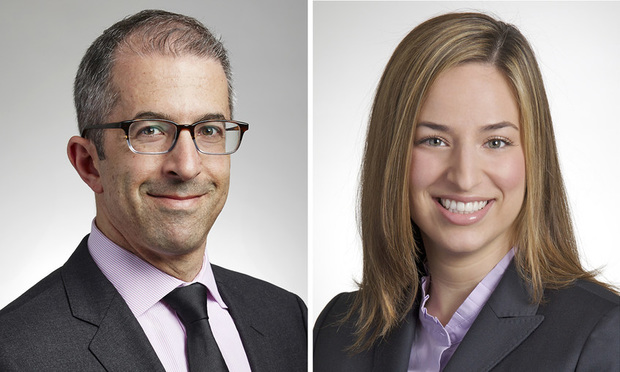The defense of in pari delicto is often invoked by auditors, banks, law firms, and other defendants to avoid liability for their alleged participation in corporate malfeasance. The doctrine, derived from the Latin for “equally at fault,” provides a complete defense where the plaintiff, either directly or through its agents, was at least equally at fault for the claimed wrongdoing. Two principles of agency law give the doctrine its teeth. First, a corporate plaintiff is deemed responsible for the acts of its employees and other agents, including fraud and criminal wrongdoing, in all but the most exceptional cases. Second, a corporate successor such as a receiver or bankruptcy trustee generally “stands in the shoes” of the malfeasant corporation, and is charged with its wrongdoing as well. As a result, employee or agent wrongdoing is commonly imputed to corporate and successor plaintiffs, triggering the application of in pari delicto.
New York law applies a particularly stringent version of the doctrine. Even though in pari delicto is an affirmative defense, and case law suggests that a balancing of the parties’ relative fault is required, New York courts often dismiss plaintiffs’ claims on the face of the pleadings, without balancing and without discovery. The frequency of such dismissals has only increased since 2010, when the New York Court of Appeals held in Kirschner v. KPMG, 938 N.E.2d 941, 946 n.3 (N.Y. 2010), that in pari delicto “may be resolved on the pleadings … in an appropriate case.”
This content has been archived. It is available through our partners, LexisNexis® and Bloomberg Law.
To view this content, please continue to their sites.
Not a Lexis Subscriber?
Subscribe Now
Not a Bloomberg Law Subscriber?
Subscribe Now
LexisNexis® and Bloomberg Law are third party online distributors of the broad collection of current and archived versions of ALM's legal news publications. LexisNexis® and Bloomberg Law customers are able to access and use ALM's content, including content from the National Law Journal, The American Lawyer, Legaltech News, The New York Law Journal, and Corporate Counsel, as well as other sources of legal information.
For questions call 1-877-256-2472 or contact us at [email protected]



